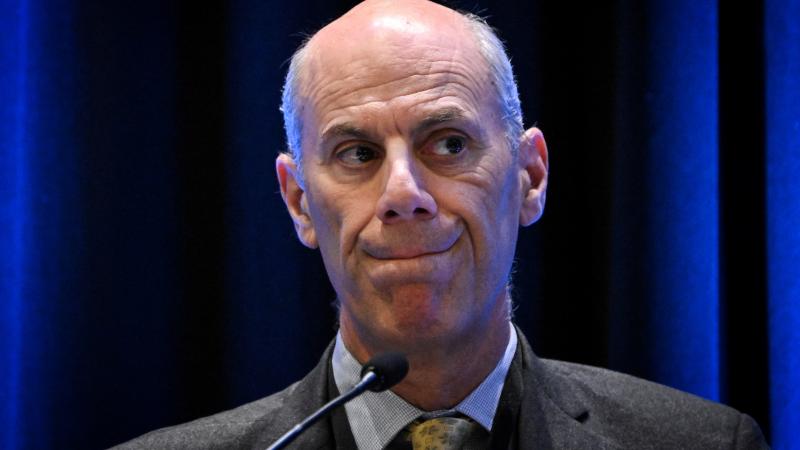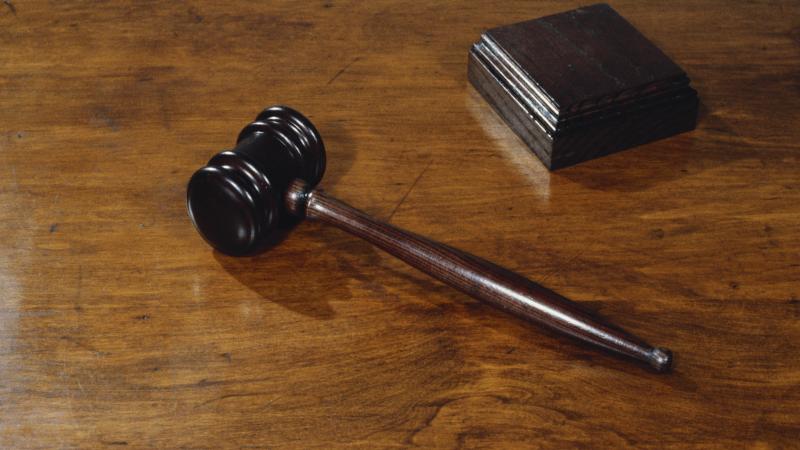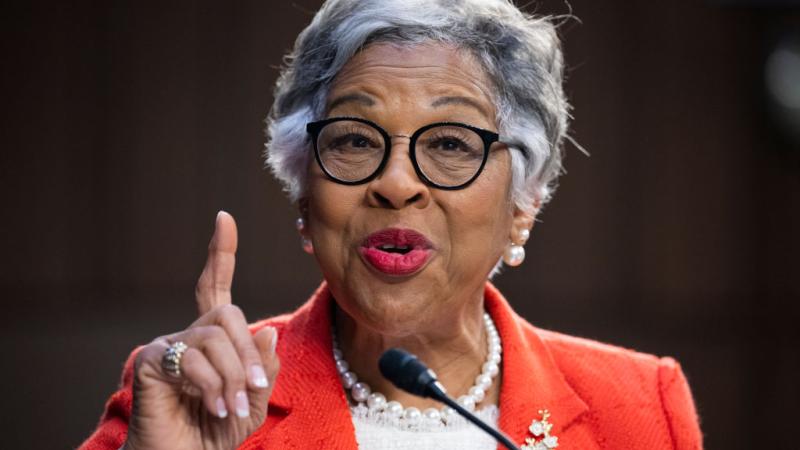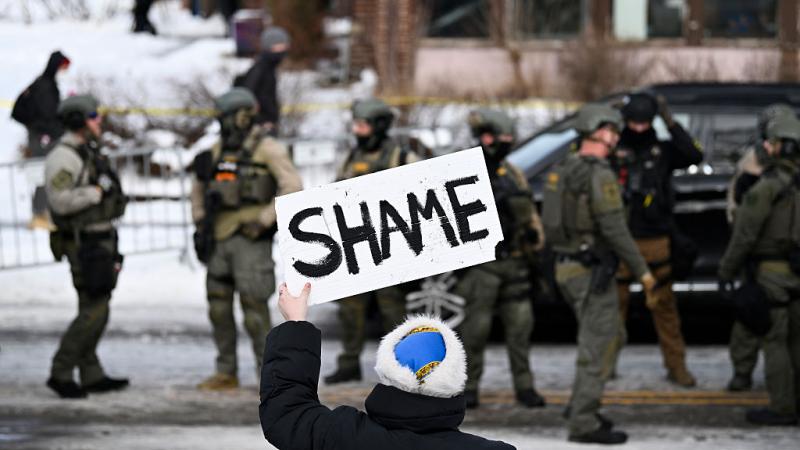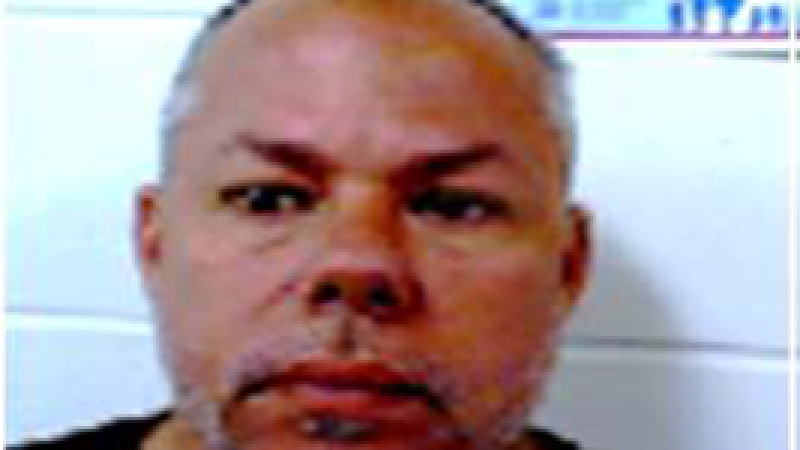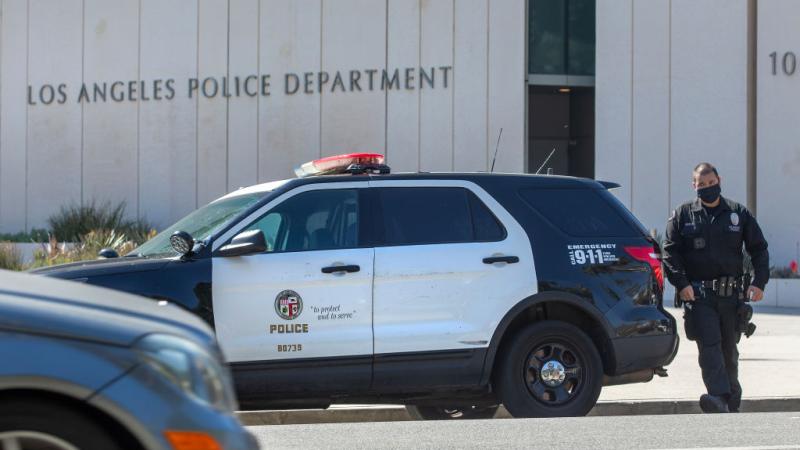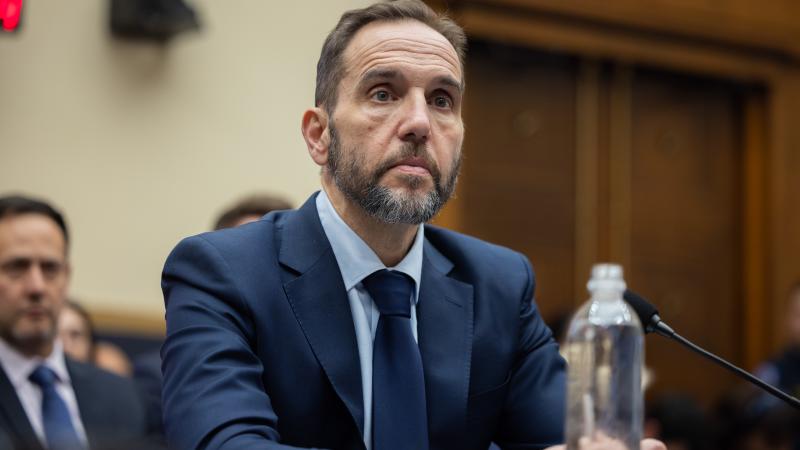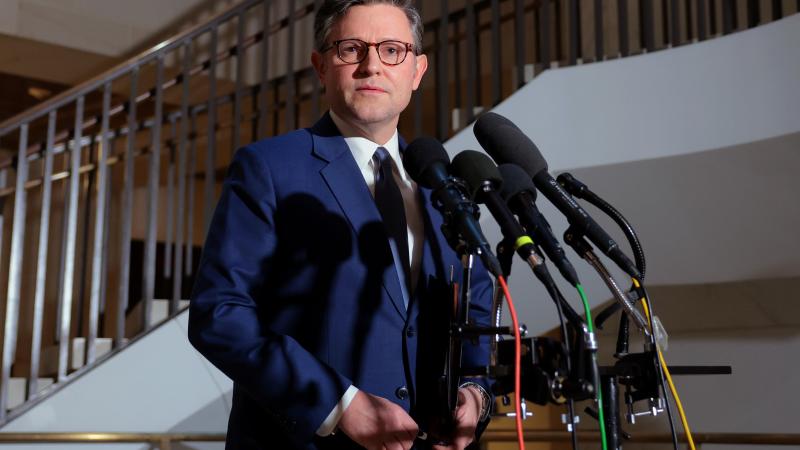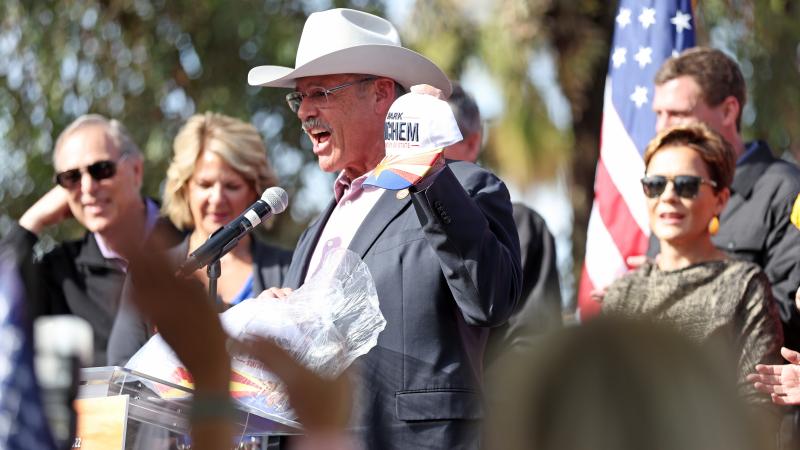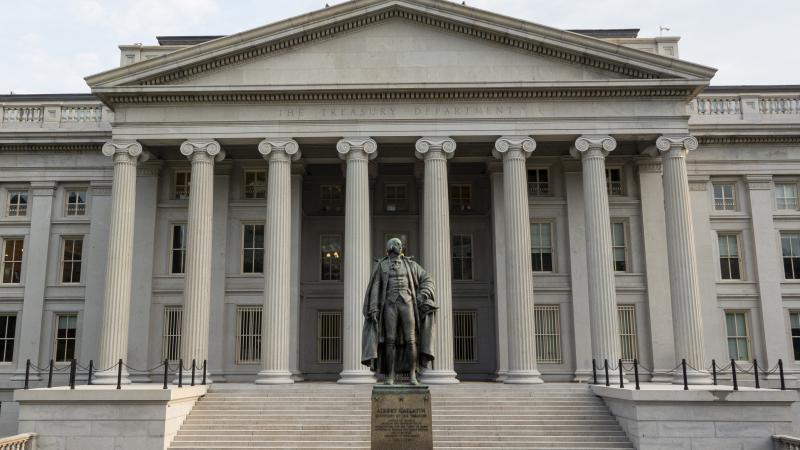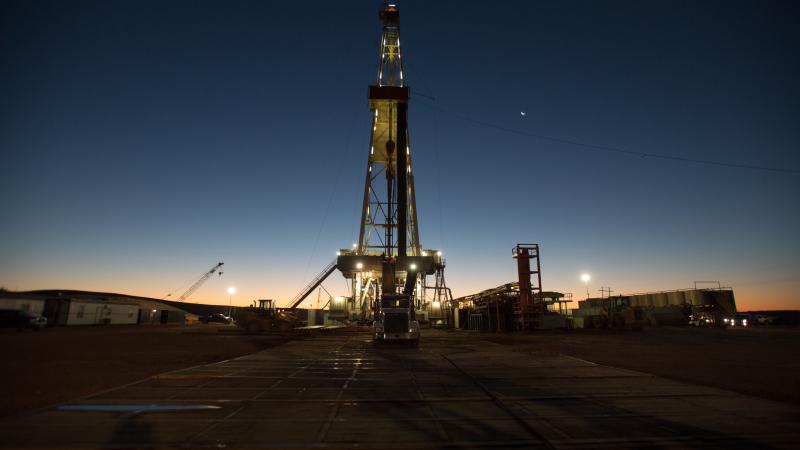Supreme Court ruling on universal injunctions to impact dozens of cases
In a 6-3 decision in a case challenging President Donald Trump's executive order ending birthright citizenship, the Supreme Court said a lower court's issuance of an injunction could only apply to those who sue to block Trump's orders, not the U.S. as a whole.
(The Center Square) -
The U.S. Supreme Court's Friday ruling limiting the power of judges to block a president's policies nationwide will have widespread implications for similar lower court decisions, an analyst says.
In a 6-3 decision in a case challenging President Donald Trump's executive order ending birthright citizenship, the Supreme Court said a lower court's issuance of an injunction could only apply to those who sue to block Trump's orders, not the U.S. as a whole.
More than 300 lawsuits have been brought against the administration in its first five months, with federal judges issuing 40 universal injunctions against Trump's policies, according to U.S. Attorney General Pam Bondi.
All of those universal injunctions likely face similar limitations, Carrie Severino – president of JCN, a group "dedicated to strengthening liberty and justice in America" – told The Center Square.
Severino called the court's ruling "outstanding," noting that lower courts have overstepped their bounds in issuing universal injunctions against the Trump administration.
"This is an issue that lower courts have tried to exploit," Severino said. "It's good to see that the [Supreme] Court pushed back so firmly. Any court that is worth its salt" should get the message.
Severino said Friday's decision will directly impact the other cases against the Trump administration.
"Any case that has a universal injunction in it, they are all in different stages in court, but yes, this ruling sets precedent" and the lower courts have to take notice.
In most of those cases, she said, the Trump administration likely will quickly file motions demanding the lower courts reconsider their universal injunctions.
"I would think there will be a very swift action [from the Trump administration] because this decision clearly states that those injunctions were outside their authority," Severino said. "In some instances, the courts themselves may say they will take a look" before any new filings, but in most cases, "you will have to at least ask before you receive."
Even critics of the decision acknowledged its wide-reaching implications.
"The Supreme Court has green-lighted Trump to run roughshod over a critical constitutional right," Analilia Mejia and DaMareo Cooper, co-executive directors of Popular Democracy, said in a statement. This is not a slide into authoritarianism – this is a one-way plummet.
"This ruling takes away the power of lower courts to block unconstitutional moves from the government on a federal level – allowing the government to act with impunity and apply law inconsistently across the country," they wrote.
Severino compared Justice Amy Coney Barrett's majority opinion to past rulings from the late Justice Antonin Scalia, an originalist and one of the most influential justices in Supreme Court history.
"Universal injunctions likely exceed the equitable authority that Congress has given to federal courts. The Court grants the Government's applications for a partial stay of the injunctions entered below," Barrett wrote in the decision for the majority. "But only to the extent that the injunctions are broader than necessary to provide complete relief to each plaintiff with standing to sue."
"Justice Barrett's decision was Scalia-esque. It was a very clear decision, very concise and to the point," she said. "I'm excited the court was as clear as it was. ... It's instructive that the court did a very careful walkthrough of the history here."
Severino also noted Justice Samuel Alito's concurring opinion.
"Today’s decision is a victory for our constitutional separation of powers," she said in a statement. "Justice Alito's concurrence sounds the alarm that litigants have been attempting to abuse class actions and standing processes as well and shows that the Court is well aware of the problem and prepared to police those boundaries to shut down judicial activists."
